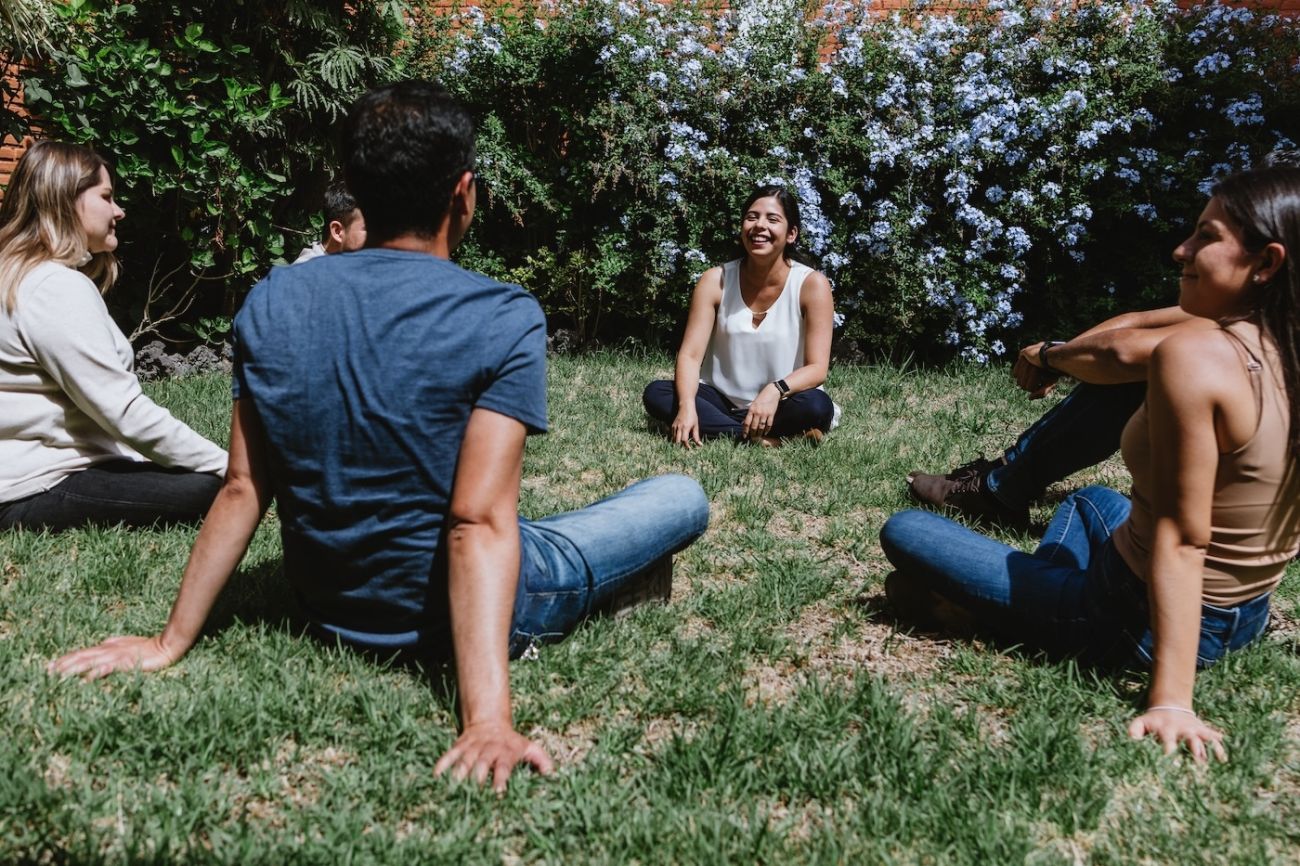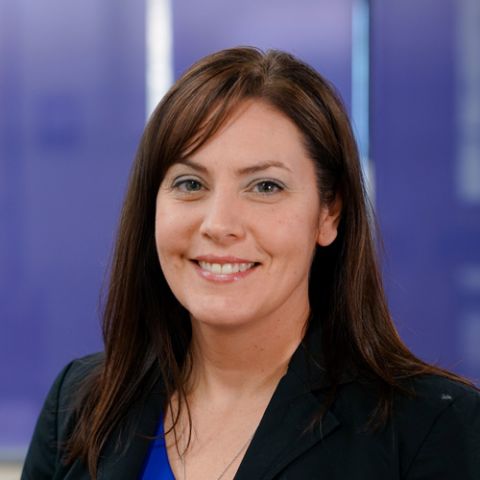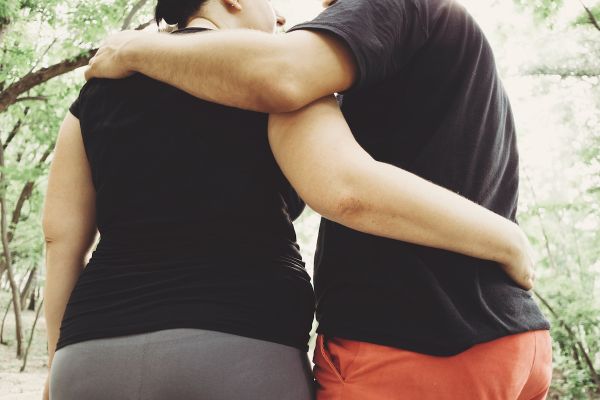For most young adults, their 20s and 30s are for graduations, starting careers or families – not for fighting cancer.
Having cancer as a young adult is never on anyone’s five-year plan. If you’ve been diagnosed with cancer in your 20s or 30s, we know you probably feel overwhelmed and have a lot of questions. Denise Rokitka, MD, Director of the Young Adult Cancer Program and Oncofertility Program, and Odochi Uwazurike, Project Coordinator for Survivorship and Young Adult Cancer Program at Roswell Park Comprehensive Cancer Center, sat down to answer some of the internet's most-searched-for questions related to young adult cancer.
What is the most common cancer in young adults?
Some of the most common cancers in young adults are thyroid cancer, leukemias, lymphomas, breast cancer and testicular cancers.
Is cancer rare in young adults?
Cancer is rare in the young adult population (18 to 39 years old), compared to older age groups. Roughly 75,000 young adults are diagnosed with cancer each year in the United States. While it's still relatively uncommon, the incidence rate for cancer is rising among this age group, due to poor dietary habits, obesity and smoking.
How can I support a young adult with cancer?
If you're a family member or friend of someone who has been diagnosed with cancer as a young adult, one of the best ways you can support them is by listening to what their needs are. Many things become inaccessible or difficult for patients during their treatment, so helping out with some of their little daily tasks is the best way to support a young adult cancer patient through their experience.
Can you get pregnant after cancer?
Many cancer patients are worried about their fertility after treatment. Your risk for fertility issues is often related to whether you've had radiation or certain types of chemotherapy that can affect fertility and is very specific to each patient. We encourage patients to consult the oncofertility and survivorship programs to learn how treatment may effect them.
Will my cancer treatment affect my children?
Many cancer survivors are concerned about the health of their offspring.
Research shows that there is no increased risk of genetic defects or congenital malformations (birth defects) in children of cancer survivors.
When is a young adult considered a cancer survivor?
While some patients may not feel like they're a survivor until their treatment is finished, according to the NCCN guidelines, a person becomes a cancer survivor, at the diagnosis of their cancer.
Never miss another Cancer Talk blog!
Sign up to receive our monthly Cancer Talk e-newsletter.
Sign up!How can I prevent cancer in my 20s?
Along with preventative measures like not smoking, limiting your alcohol intake, proper eating and exercise and avoiding tanning, it's also important that you have a primary care doctor that you see regularly.
A lot of people in their young adult years don't have primary care providers, so when they're diagnosed with cancer, it's typically caught at a later stage.
It's encouraged that you have a primary care provider that you can follow up with regularly, and to go to the doctor as soon as you have unusual symptoms or symptoms that you're worried about. By doing so, if the problem is cancerous, it can be caught earlier and is easier to cure.
What supportive services are there for young adult cancer patients?
Annually, there are about 75,000 individuals diagnosed with cancer between the ages of 18 to 39 in the United States of America.
Cancer centers across America have been offering more supportive services for patients. Specfically, for young adult cancer patients and survivors, here at Roswell Park, we have the Young Adult Cancer Program. This psychosocial support program is for individuals between the ages of 18 to 39, and provides them with age-specific resources and also the support from a community of other young people who've been diagnosed with cancer, who truly understand what a young adult cancer survivor has been through.



